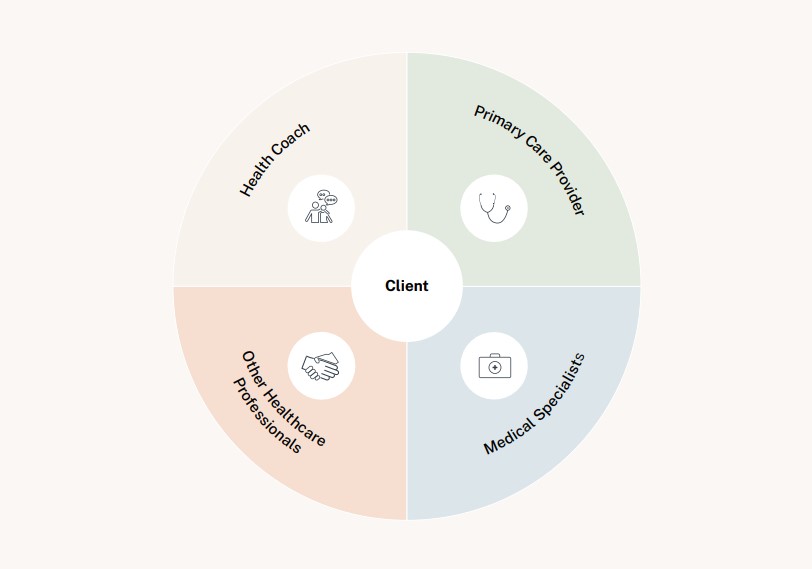health coaching, lymphatic therapies, IMAET biofeedback

Health coaching offers a range of benefits aimed at promoting and enhancing individual wellbeing. Some of these benefits include:
1. Personalized Guidance: Health coaches work closely with individuals to create personalized plans that cater to their unique needs, preferences, and goals.
2. Behavioral Change: Health coaching focuses on helping individuals make positive changes in their behaviors, such as adopting healthier eating habits, becoming more physically active, managing stress, and improving sleep.
3. Accountability: Coaches provide accountability and support to help individuals stay motivated and committed to their health goals, reducing the likelihood of falling back into old habits.
4. Goal Setting: Coaches assist individuals in setting realistic and achievable health goals, breaking them down into manageable steps for better success.
5. Lifestyle Modification: Health coaching encourages long-term lifestyle changes rather than quick fixes, fostering sustainable improvements in overall health and well-being.
6. Empowerment: Through education and guidance, health coaches empower individuals to take control of their health and make informed decisions.
7. Holistic Approach: Health coaches often take a holistic approach, addressing various aspects of wellbeing, including physical, mental, emotional, and social health.
8. Self-Awareness: Coaches help individuals develop greater self-awareness about their behaviors, triggers, and patterns, enabling them to make conscious choices.
9. Positive Mindset: Health coaching fosters a positive mindset by focusing on achievements, progress, and small victories along the journey to improved health.
10. Supportive Relationship: The coach-client relationship offers a safe and non-judgmental space for individuals to discuss their challenges, seek advice, and receive encouragement.
11. Long-Term Success: Health coaching emphasizes sustainable changes, leading to lasting improvements in health and quality of life.